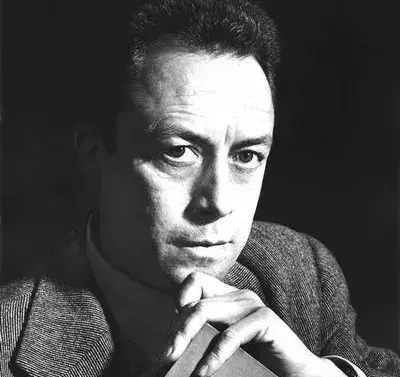
Albert Camus
Representative of the "absurd philosophy", a master of existential literature, won the Nobel Prize in Literature in 1957.
1.
The First Man
Author: [Fa] Camus
"The First Man" is Camus's spiritual autobiography, through the protagonist Jacques's journey to find his roots, he expresses the remembrance of his childhood life, and his sympathy and worship for the nameless land and people. Camus saw himself as the "first man" of his family to emerge from its primitive state and move toward civilization.
2.
The Outsider
The book tells the story of Meursault, a young clerk who, implicated by a friend, inexplicably shoots and kills an Arab, but his conviction is his cold, calm performance at his mother's funeral, accused of "burying a mother with a criminal heart", and finally sentenced to death in the name of the French people.
"The Outsider" is Camus's famous work and a masterpiece of absurd fiction, successfully creating an image of an outsider who is indifferent and detached to himself, others, love, future, and destiny. The book also includes Camus's collection of short stories, Exile and Kingdom, which contains six short stories for the benefit of the reader.
3.
The Plague
Through the various situations after the plague in oran, a city in Algeria, this book shows the extreme life of people in the epidemic city, and the "suffocation" they feel and the "atmosphere of threat and exile" they have experienced, and successfully creates a great myth that a person resists evil and the strength of man overcomes weakness. The hero Dr. Er represents the warmth of human nature, and he proves with his efforts and practice that in the game of plague and life, what people can win is nothing more than insight and memory. Mankind must have hope, and without hope, there can be no peace.